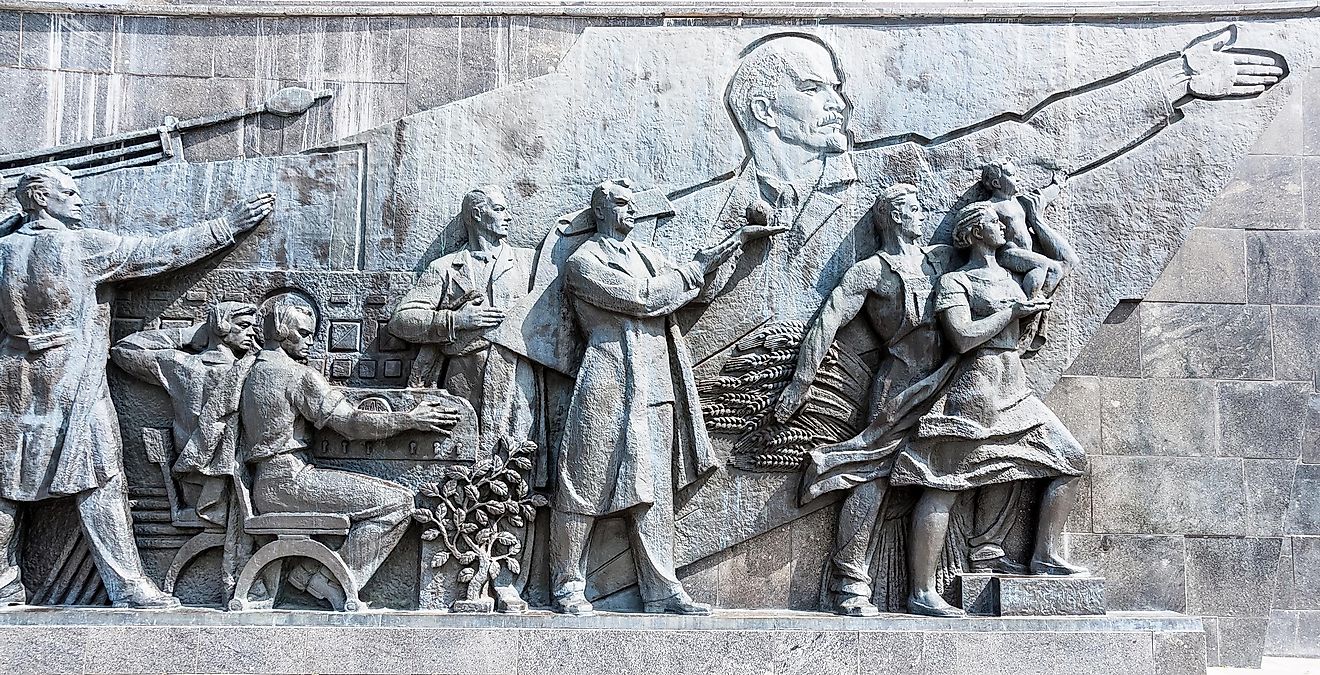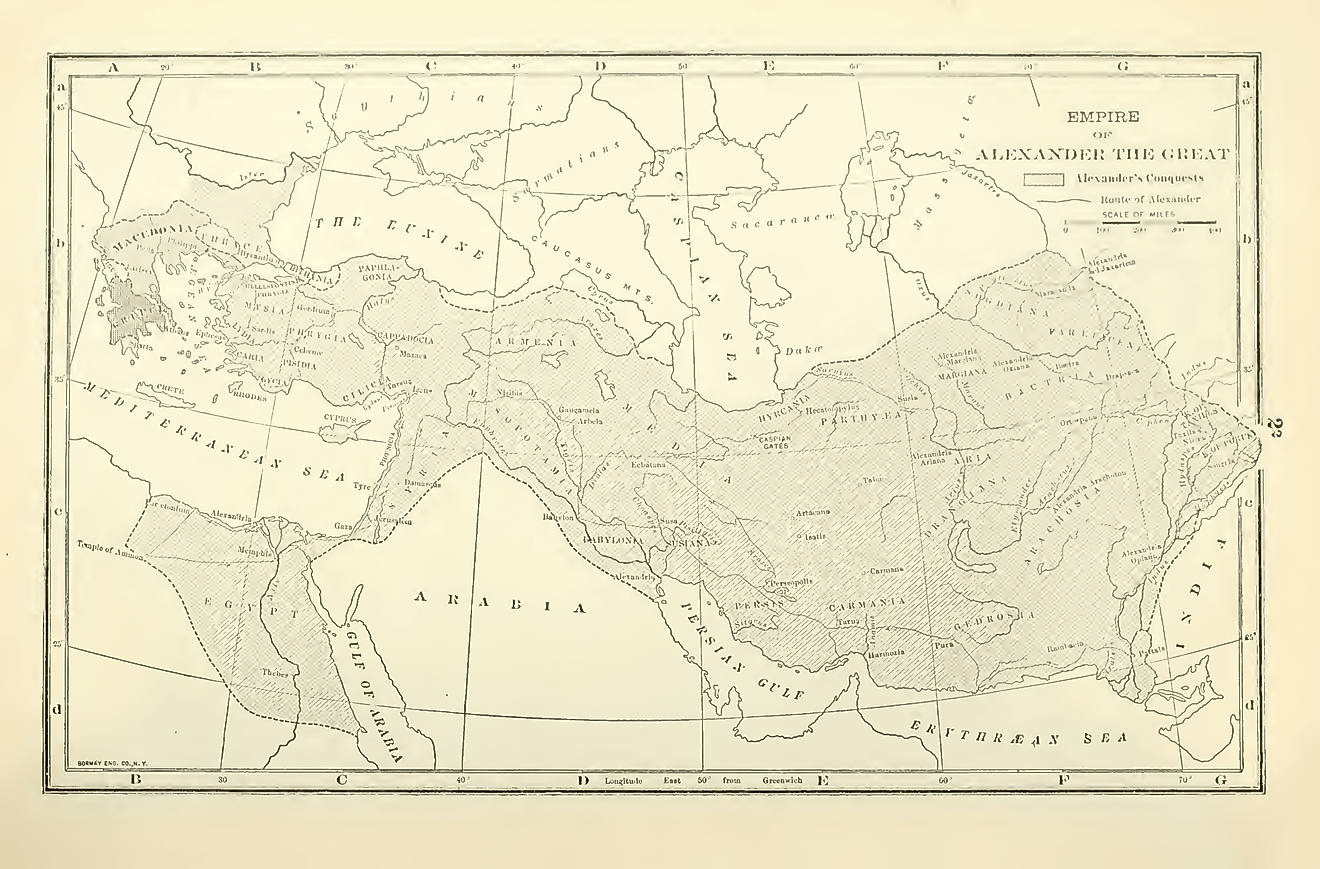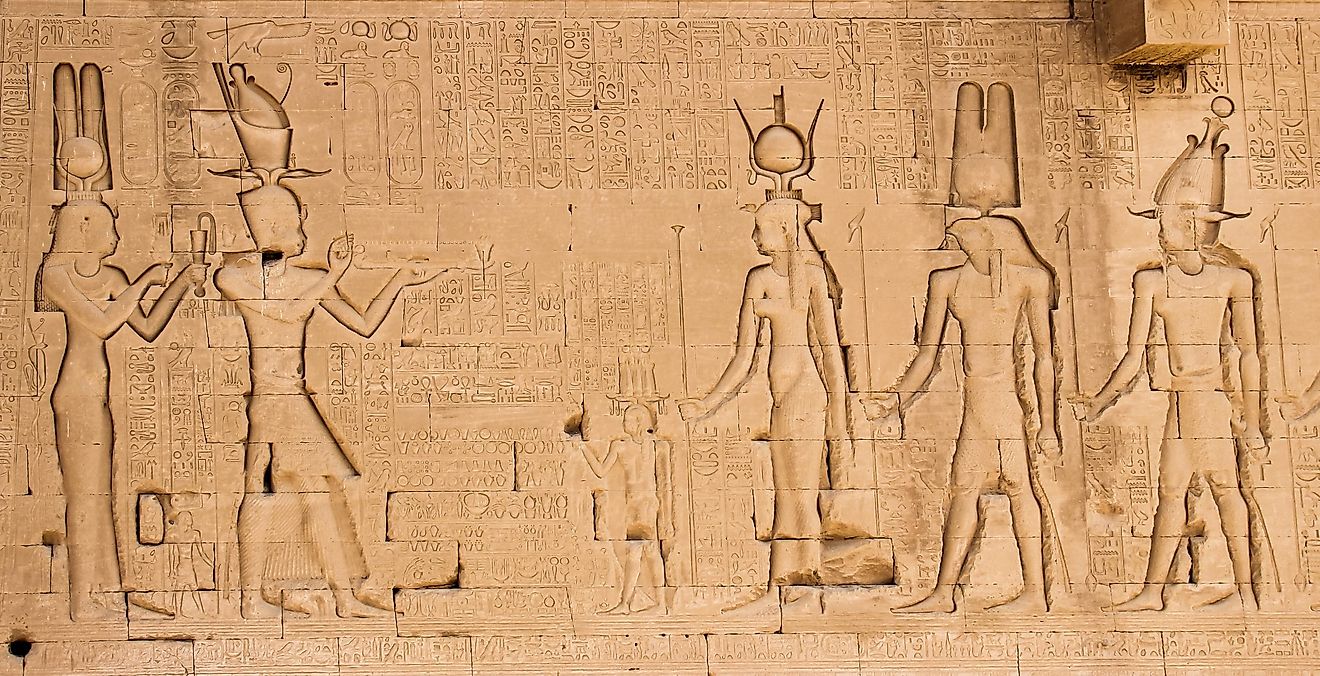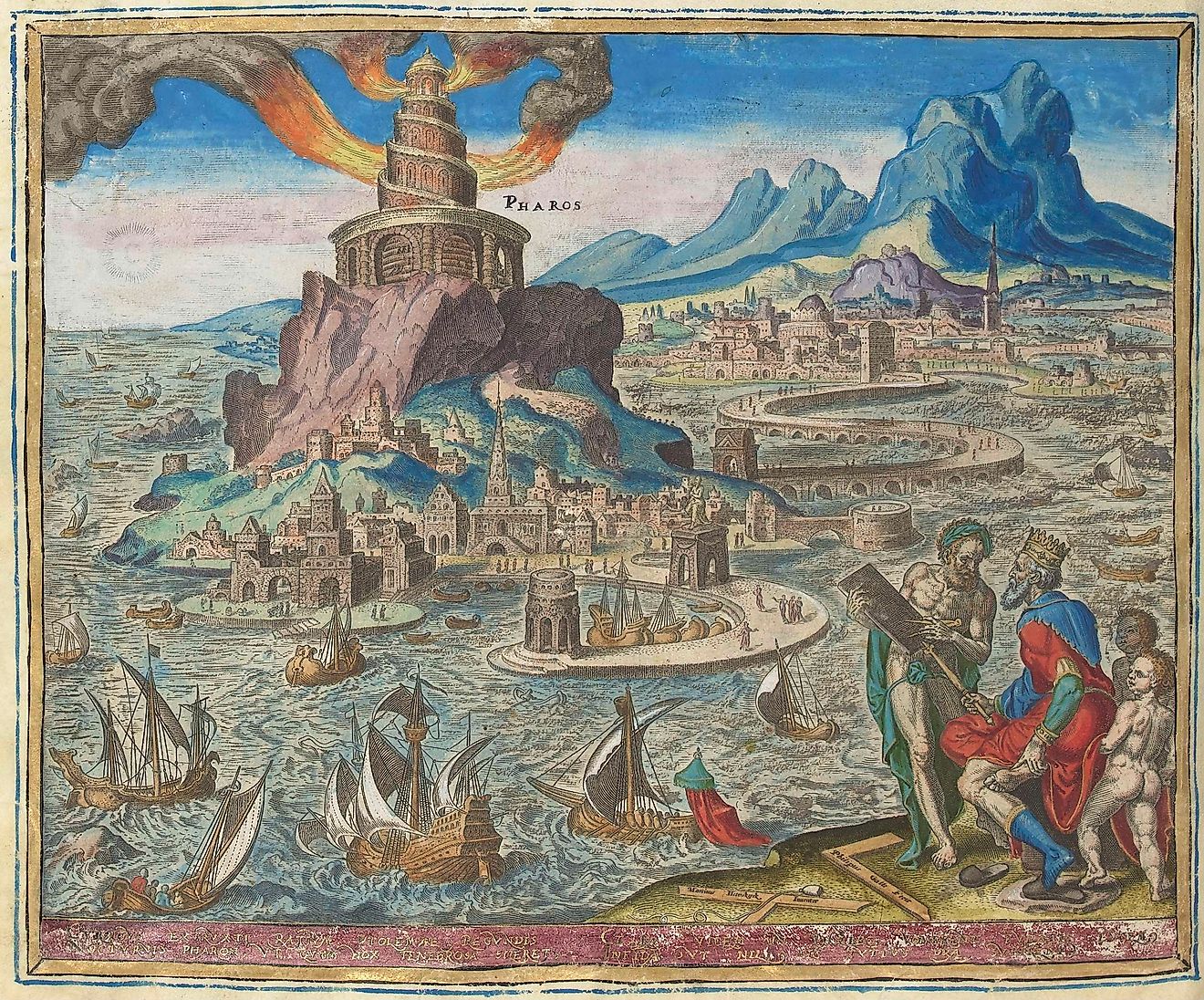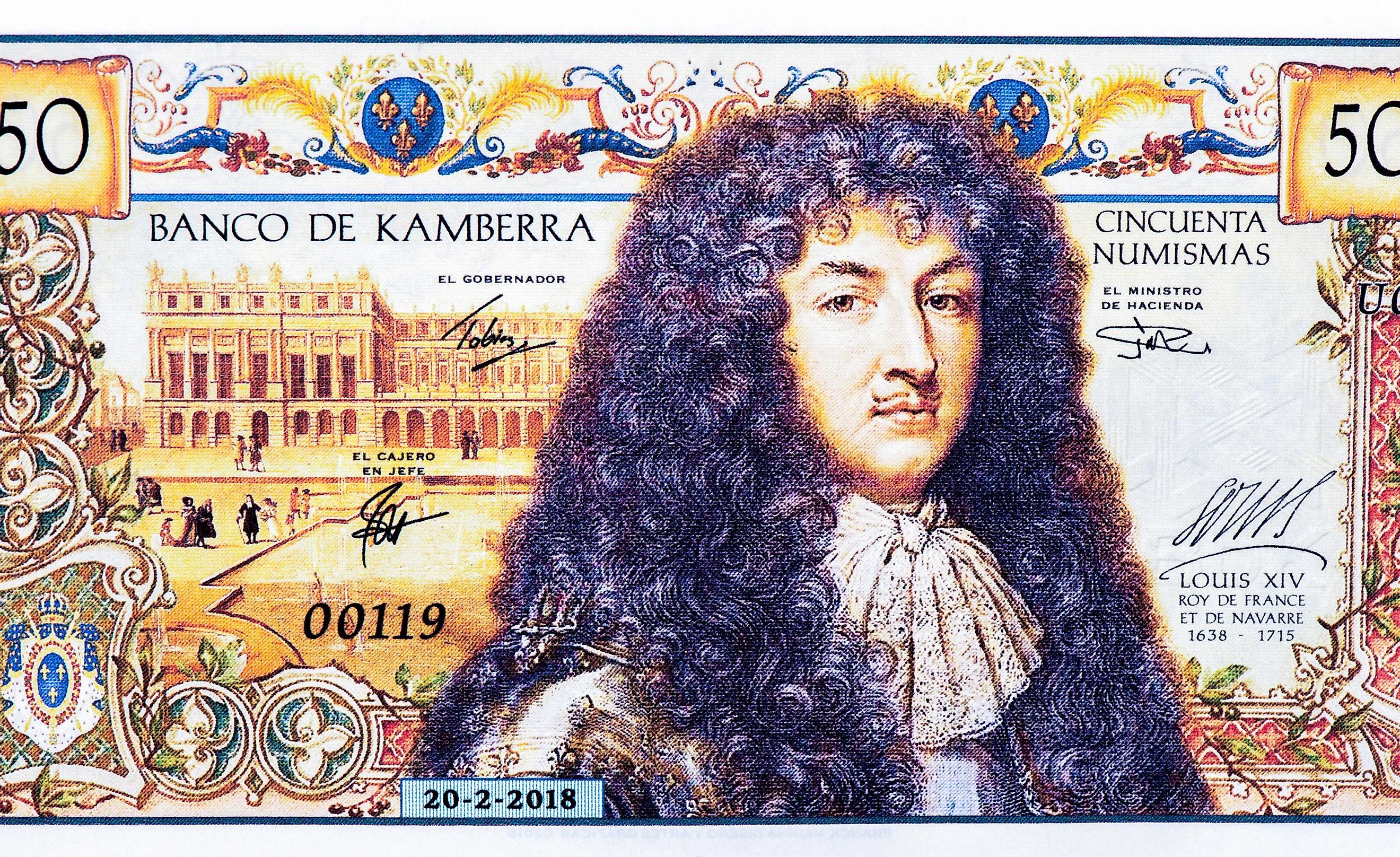
Who Was Louis the Great?
From the glittering halls of the Palace of Versailles to the battlefields of Europe, Louis XIV, also known as Louis the Great or the Sun King, left a lasting mark on history as one of France's most powerful and influential rulers. From his centralization of power in the monarchy to his extravagant lifestyle and costly wars, Louis XIV's reign was marked by both grand achievements and controversy. Discover the story of this fascinating figure and learn about the impact he had on France and the world during his 72-year reign.
The Early Life of Louis XIV: From Crown Prince to King
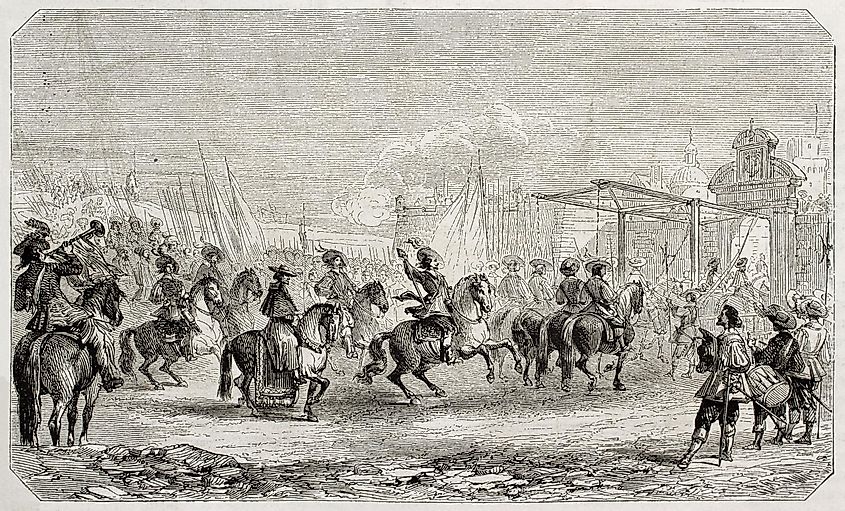
Louis XIV was born on September 5, 1638, in Saint-Germain-en-Laye, France. He was the son of King Louis XIII and Queen Anne of Austria, and at the age of four, he became King of France when his father died. His mother and a series of regents ruled on his behalf until he came of age, at which point he began to take a more active role in the government. As a young king, Louis XIV faced several challenges. One of the most significant was the Fronde civil war which was a crucial event that had a major impact on Louis XIV's childhood and development as a leader. The conflict, which lasted from 1648 to 1653, was fueled by discontent with the government and the influence of foreign powers, and it disrupted the stability and order of the French state.
The Fronde Civil War: How Foreign Powers Shaped Louis XIV's Childhood
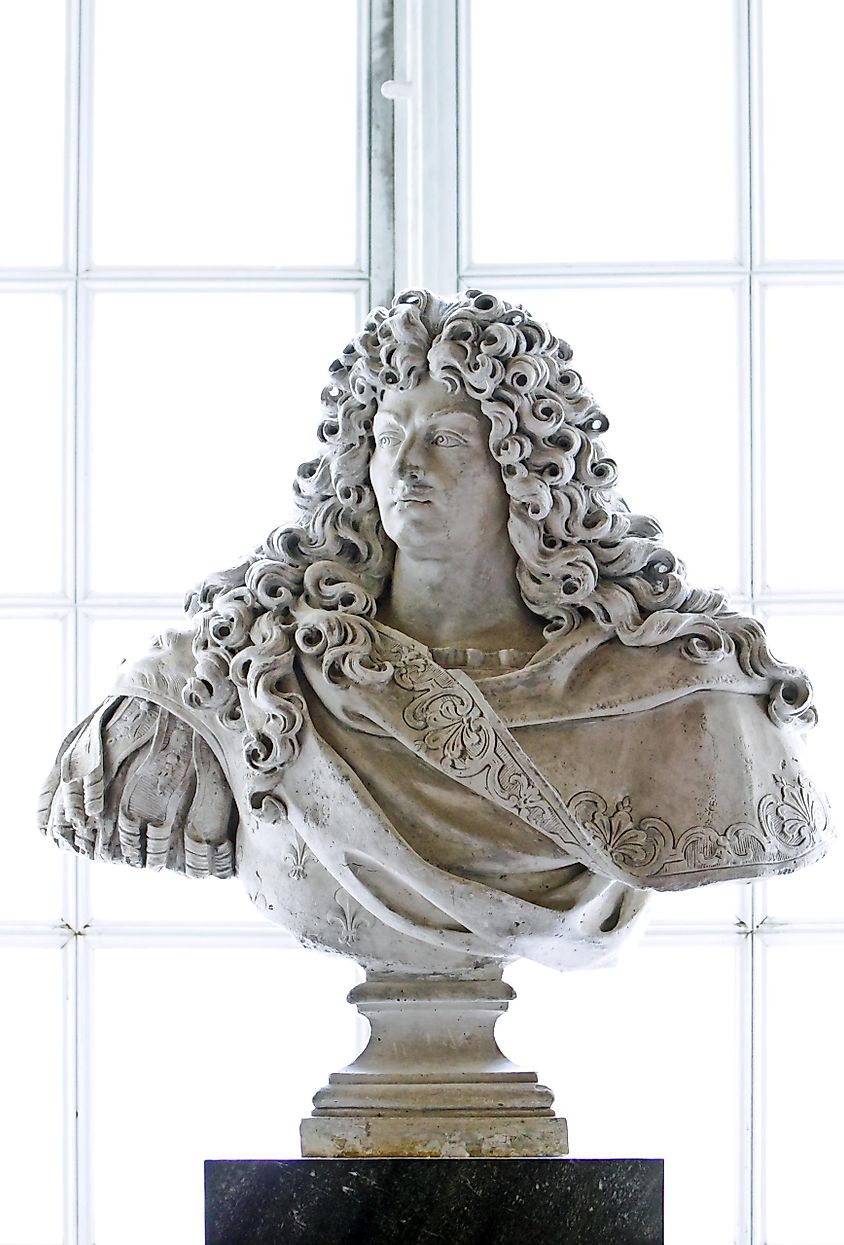
One of the main foreign powers involved in the Fronde was Spain, which had a longstanding rivalrous relationship with France. Spain supported the rebel factions in the Fronde, hoping to weaken France and increase its own influence in Europe. Another foreign power that was involved in the Fronde was the Holy Roman Empire, which also had a history of conflict with France and sought to exploit the situation to its advantage.
Other foreign powers, such as the Netherlands and England, also played a role in the Fronde by providing support to one side or the other. The involvement of these foreign powers further complicated the conflict and made it more difficult to resolve. Ultimately, the Fronde ended in 1653, and it had a significant impact on Louis XIV's upbringing and views on governance. As a result, Louis XIV's upbringing was marked by uncertainty and turmoil, and he was exposed to the challenges and complexities of governance at a young age. Despite these challenges, Louis XIV was able to emerge from his childhood as a robust and capable leader, thanks in part to the guidance of his mother.
Queen Anne of Austria: The Strong and Supportive Mother of Louis XIV
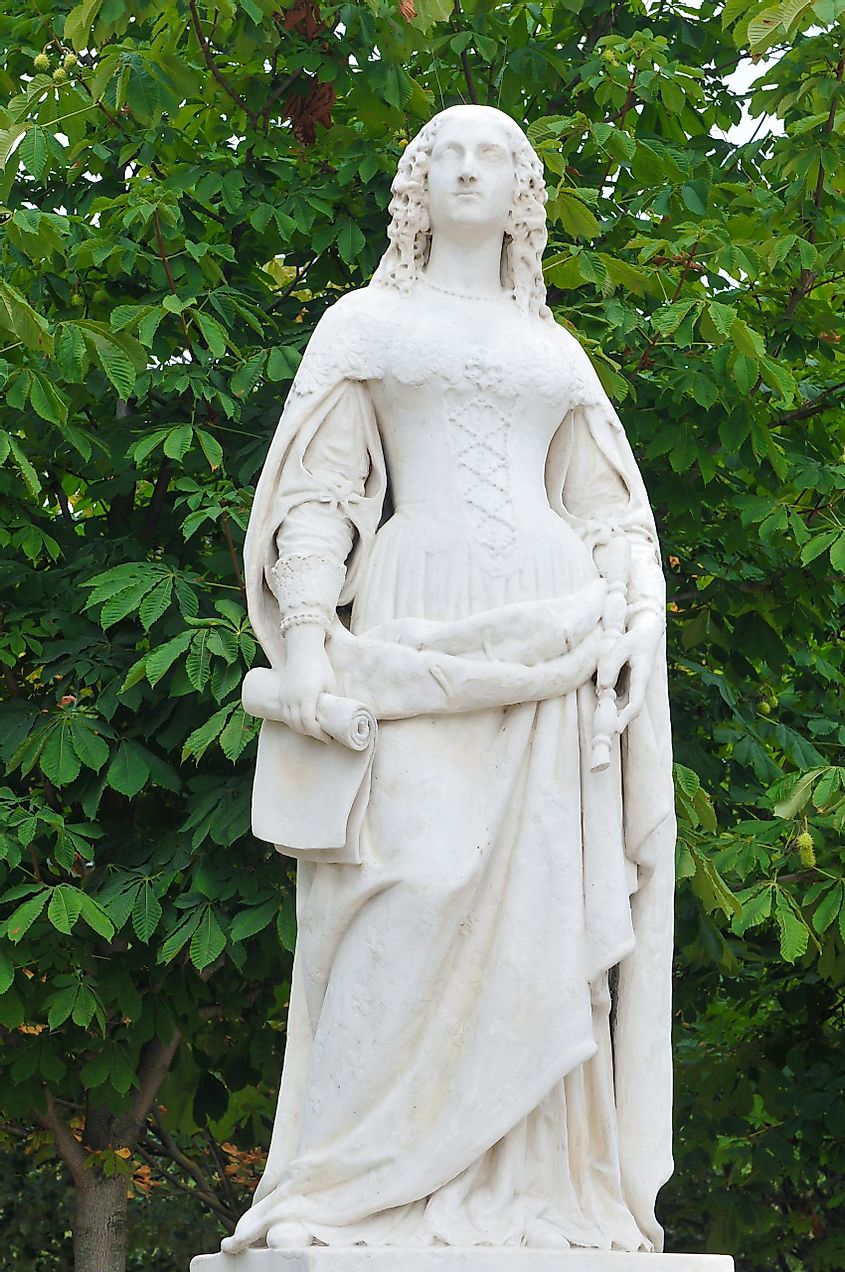
Louis XIV's mother, Queen Anne of Austria, played a key role in guiding him during his difficult childhood. She was a powerful and influential figure in her own right, and she worked closely with her advisors to ensure that Louis XIV received a practical education that would prepare him for his future role as king. Queen Anne was also deeply devoted to her son and worked to protect him from the dangers and challenges of the Fronde civil war. She sought to shield Louis XIV from the conflict as much as possible and worked to maintain a sense of stability and order in his life.
Despite the challenges of the Fronde, Queen Anne was able to provide him with the guidance and support he needed to grow into a strong and capable leader. Louis XIV received a practical education that focused on history, politics, and the arts, which prepared him for his future role as king. He also demonstrated a strong sense of determination and resilience in the face of adversity, which helped him to overcome the challenges of the Fronde and become one of Europe's most successful and influential rulers.
The Absolutist Rule of Louis XIV: Centralizing Power in the French Monarchy
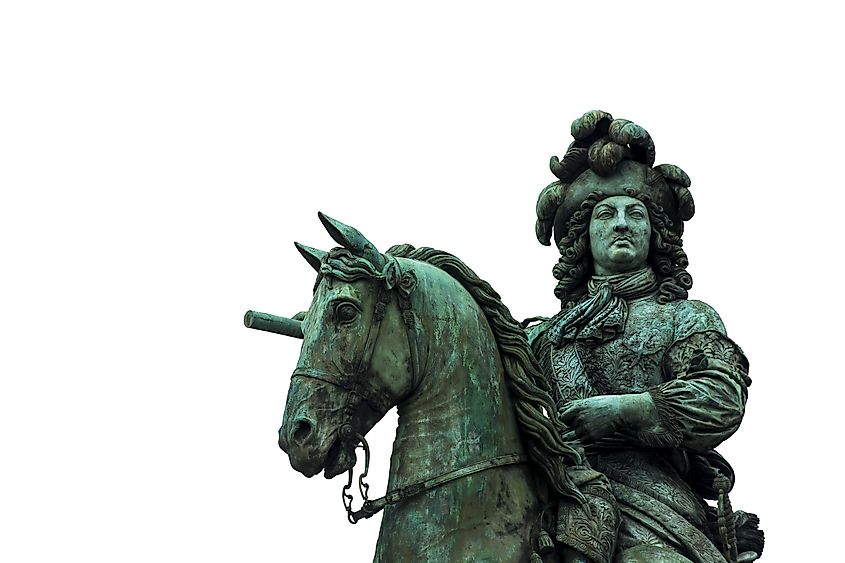
Despite the civil war and other challenges, Louis XIV was determined to assert his authority and centralize power in the monarchy. Louis XIV was a strong believer in the concept of absolutism, which is the idea that a monarch should have complete and unrestricted authority over the government and the country. To this end, he worked to centralize his authority and power in the monarchy, taking steps to strengthen the central government and reduce the influence of other institutions, such as the nobility and the Church.
The Reign of Louis XIV: Expansion, Opulence, and Controversy
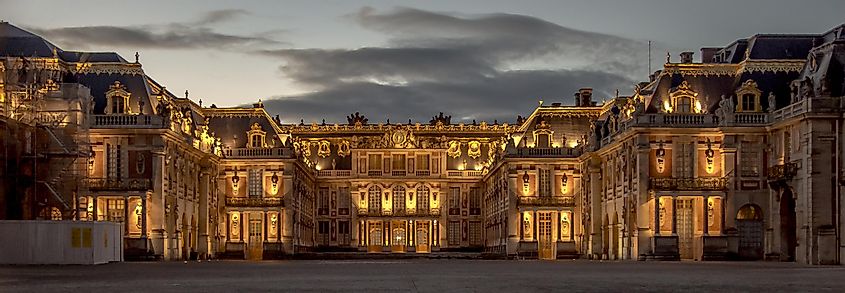
Louis XIV expanded the French state and its influence in Europe through a series of wars and diplomatic efforts. He also oversaw the construction of the Palace of Versailles, which became a symbol of his power and opulence. However, Louis XIV's rule was not without controversy. His absolutist style of governance was unpopular with some of his subjects, and he was involved in a number of costly wars that strained the resources of France. These challenges, along with his lavish lifestyle, led to criticism of his rule.
Despite these controversies, Louis XIV is remembered as one of the greatest kings in French history. His centralization of power in the monarchy and expansion of French influence in Europe had a lasting impact on the country and the world. His construction of the Palace of Versailles also had a significant impact on the French court and the development of the arts.
In Conclusion
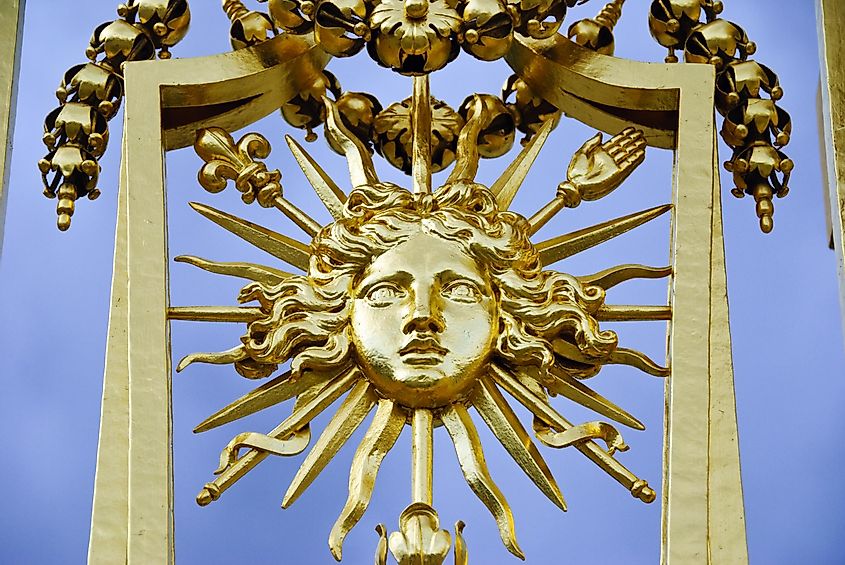
Louis XIV was one of the most well-known and influential rulers in French history. As the "Sun King," he reigned over France from 1643 to 1715, transforming the country into a major European power through wars, diplomacy, and centralization of power in the monarchy. Despite his many accomplishments, Louis XIV’s reign was not without controversy. His absolutist style of governance was met with resistance from some of his people, who opposed his concertation of power and authority in the monarchy. However, his impact on world history cannot be denied, and he remains a key figure in the study of European history. In spite of the challenges he faced, Louis XIV was able to emerge as a strong and capable leader, leaving a lasting legacy that continues to be felt today.
